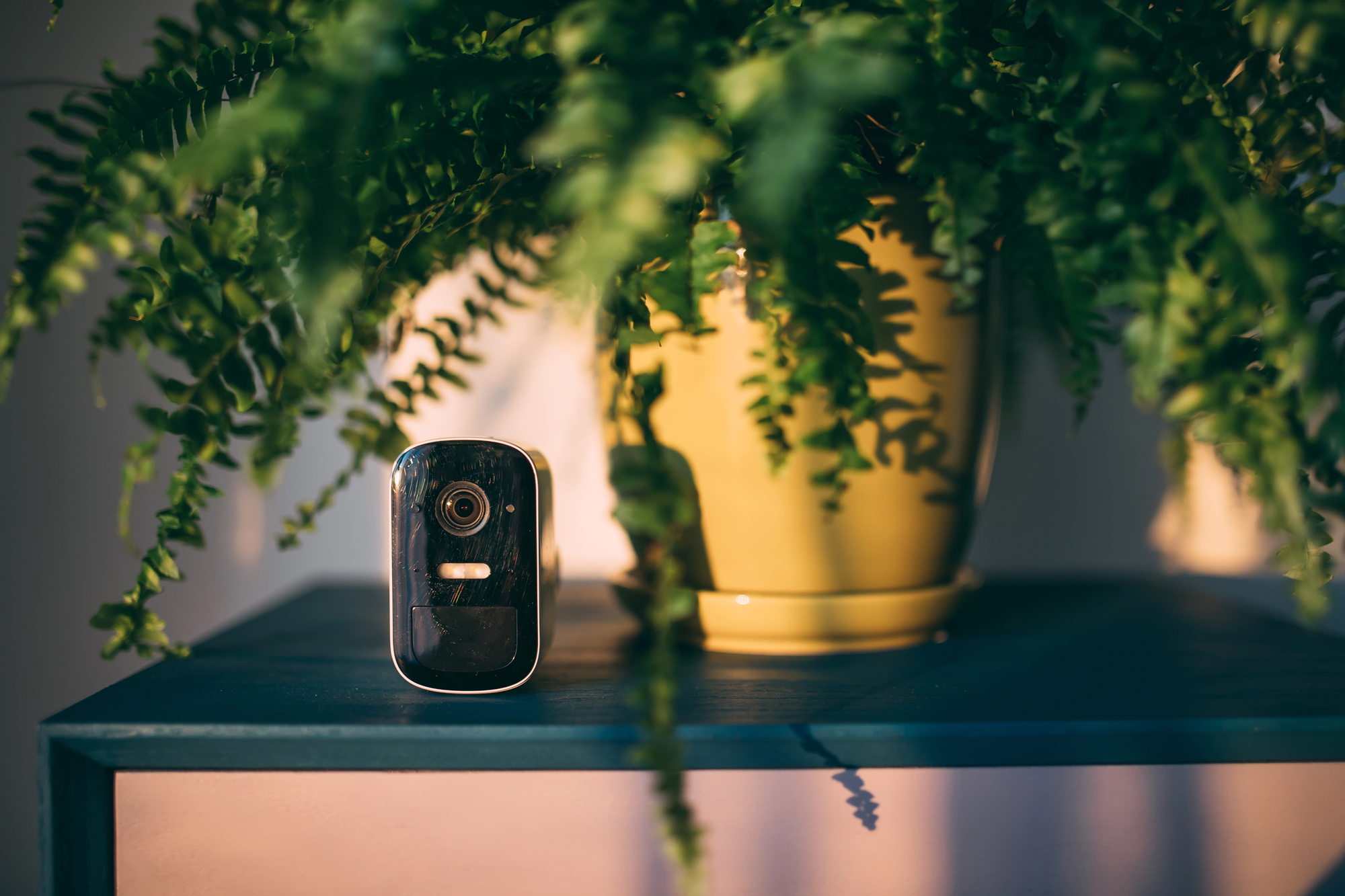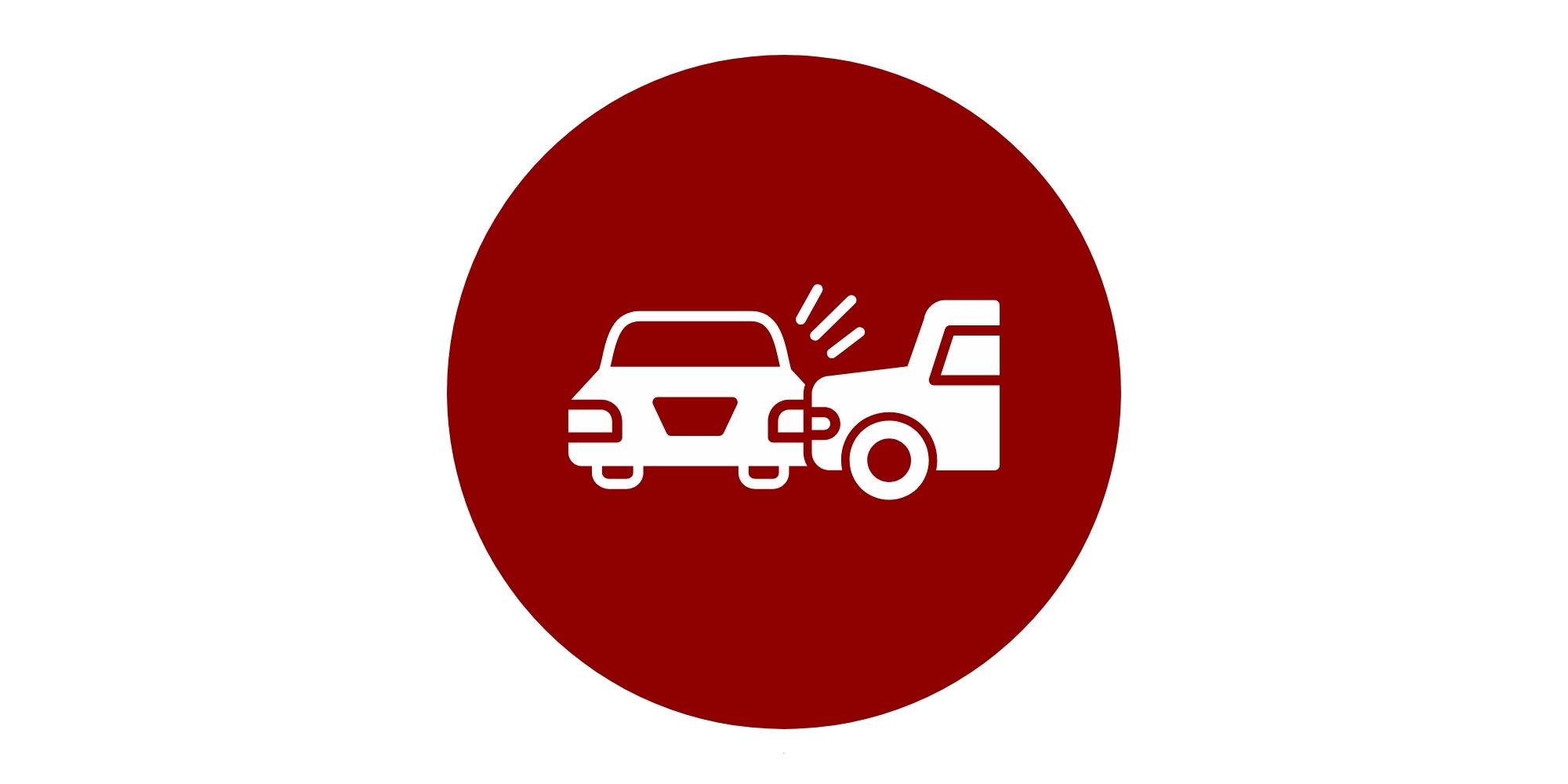Thousands of Irish Security Cameras Left Wide Open to Hackers - Cybersecurity Experts Warn
Security cameras meant to protect Irish homes could be streaming to strangers online. Check your settings now before criminals check your house.

That smart security camera you installed to protect your Cork home or business could be streaming live footage directly to strangers online, according to a stark new warning from Irish cybersecurity experts.
A global investigation has uncovered more than 40,000 exposed security cameras accessible without passwords, and Irish homes and businesses are among those at serious risk. The vulnerable devices, discovered by cybersecurity firm Bitsight, include indoor and outdoor cameras streaming via unprotected protocols that allow anyone to watch, record, or hijack footage without the owner's knowledge.
George Foley, Business Development Manager at ESET Ireland, warns the implications go far beyond a simple privacy breach.
"People buy cameras for peace of mind but when those devices are left unsecured, they become silent intruders. You wouldn't leave your front door open. Yet thousands of households are doing just that digitally every single day."
The consequences can be devastating. ESET reports that exposed cameras have enabled real-time surveillance of family routines for planned burglaries, unauthorised monitoring of employees in local shops and cafés, and access to private medical sessions in home offices. In the worst cases, footage has been used for harassment, blackmail, or traded on dark web forums.
Foley explains the growing threat:
"We've seen cases where people were watched over weeks until a criminal knew exactly when the house would be empty. And in some scenarios, camera feeds were sold or traded in forums. It's a complete reversal of trust."
With 84% of Irish homes now connected to broadband according to ComReg's 2024 data, and rising adoption of video doorbells, indoor cameras, and remote monitoring systems across Cork and beyond, the scale of potential exposure is enormous. However, cybersecurity awareness hasn't kept pace with technology adoption.
"Most people still assume if something's on Wi-Fi, it's protected. It's not. Default settings are rarely safe, and once your device is exposed, the entire household network is potentially at risk," Foley warns.
The problem often stems from manufacturers' default settings, which prioritise easy setup over security. Many cameras ship with default login credentials or remote viewing enabled, creating an open door for cybercriminals who scan the internet for vulnerable devices.
ESET Ireland has issued an urgent five-step security checklist for camera owners: change default usernames and passwords immediately, turn off remote access features unless absolutely necessary, update firmware regularly to patch vulnerabilities, buy only from trusted brands that provide encryption and updates, and use a firewall or VPN to shield connected devices from outside access.
Foley emphasises the importance of taking action:
"This is the digital equivalent of locking your windows at night. Whether it's your home, your staff, or your family, if you've got a camera, you need to secure it."
For more information, visit www.eset.com/ie.



